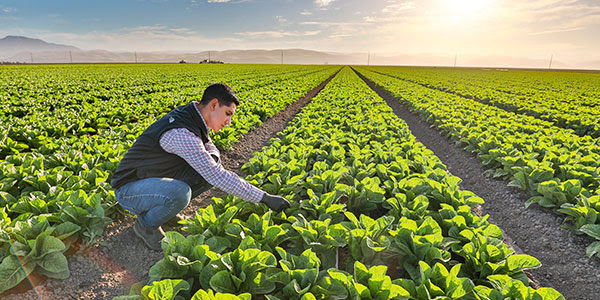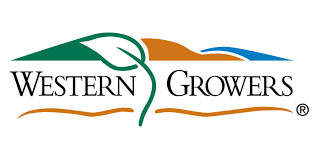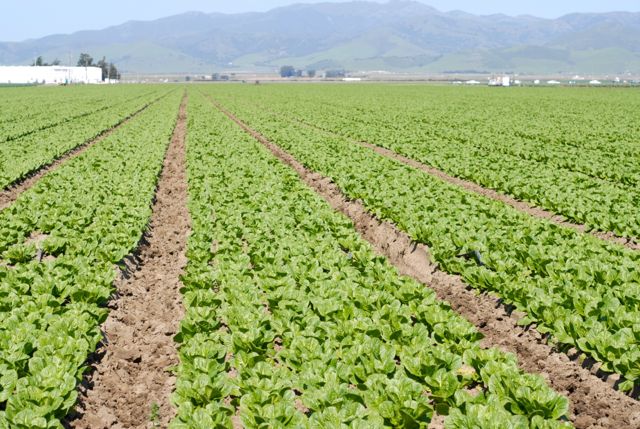Preharvest Testing Can Prevent Food Born Illneses
California LGMA Endorses Pre-Harvest Testing to Reduce Outbreaks
Recently, the California Leafy Greens Marketing Agreement (LGMA) Board endorsed new Pre-Harvest Testing guidance in an effort to prevent foodborne illness outbreaks associated with leafy greens. The guidance calls for pre-harvest testing of leafy greens products when risk assessments deem it necessary, specifically when grown in proximity to animals.
Farmers Acting Quickly to Protect Public Health
“We are endorsing pre-harvest testing in direct response to the U.S. Food and Drug Administration’s recent report on outbreaks associated with lettuce in 2020, which identified the recurring E. coli strain implicated to be a reasonably foreseeable hazard,” said Dan Sutton, Chairman of the California LGMA. “We want to send a clear message to FDA that our industry is, in fact, taking additional measures to prevent outbreaks.”
Focused on Risk and Adjacent Lands
In addition to the Pre-Harvest Testing Guidance document, the LGMA Board endorsed several other updates to the food safety standards currently being developed by the LGMA Technical Committee and expected to become requirements in the coming months. Projects currently under development include:
- Adjacent land risk assessment tool
- Root cause analysis requirement for high-risk food safety incidents
- Major revision to existing standards for soil amendments and crop inputs
“These important tools and revisions have been in development for several months and they represent input from food safety experts and researchers throughout the industry,” said Sutton.
“None of this could have happened without the tremendous work done by the LGMA’s Technical Committee to rapidly develop guidance for pre-harvesting testing and all efforts currently underway,” he continued. “Nor could this be accomplished without the commitment of LGMA members and farmers to produce safe food by implementing the LGMA food safety standards.”
The Produce Buyers Role
“The LGMA provides a unique system to enforce food safety practices on farms in California and Arizona that produce over 90 percent of the leafy greens consumed in the U.S.,” said California LGMA CEO Tim York. “When produce buyers require LGMA certification of their suppliers they reinforce best practices on leafy greens farms. Simply put, when buyers support the LGMA, they support a system that offers the fastest and best means to reduce incidents of foodborne illness.”











